
Why Living on the Edge, According to Nietzsche, Leads to a Richer Life
Nietzsche urges us to embrace risk and adversity, suggesting that true fulfillment and growth come from living boldly and challenging ourselves.

Nietzsche urges us to embrace risk and adversity, suggesting that true fulfillment and growth come from living boldly and challenging ourselves.
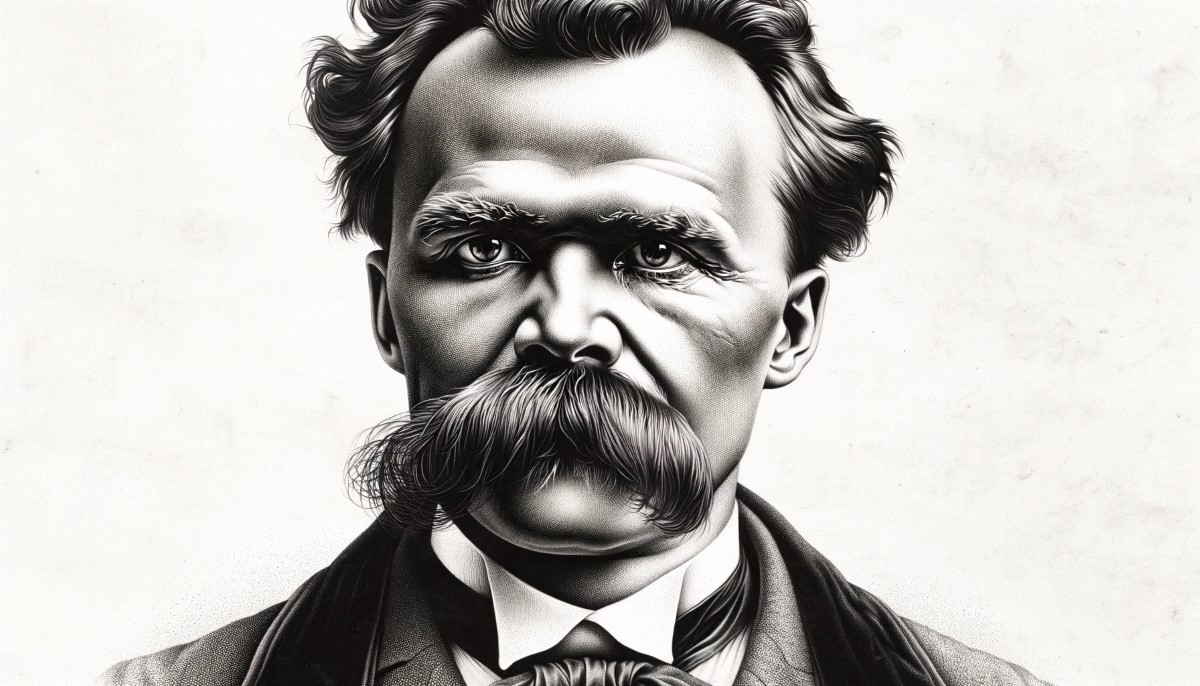
Nietzsche is quoted in the chat rooms of the far right, and he surfaces in leftist discussions about the future of democracy. How can a single thinker generate such varied interpretations?

Sincerity, though valued, can harm relationships and is often confused with spontaneity. True virtue requires balance and consideration of other virtues.
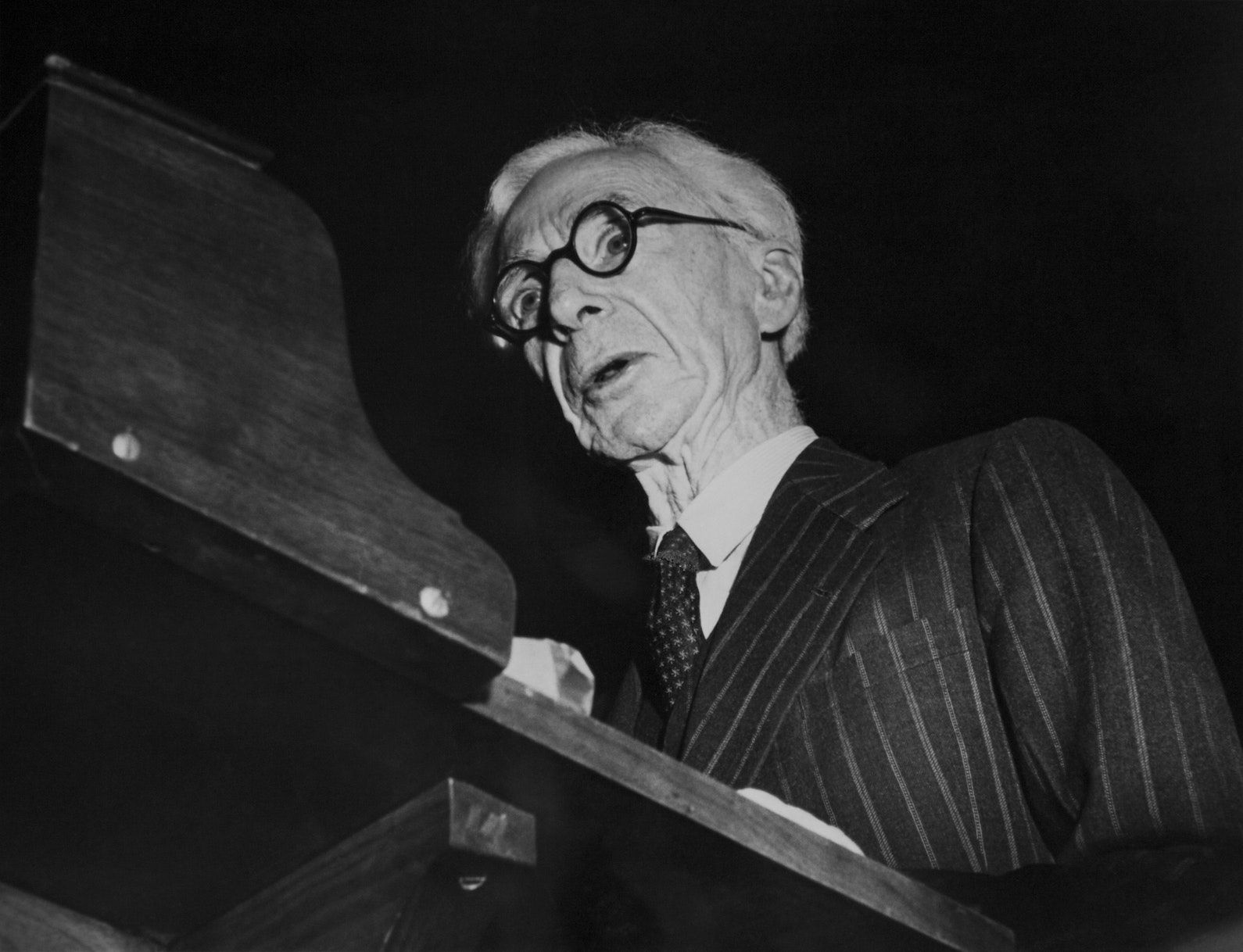
Man is a rational animal—so at least I have been told. Throughout a long life, I have looked diligently for evidence in favor of this statement, but so far I have not had the good fortune to come across it.

Some old people are oppressed by the fear of death. In the young there is justification for this feeling. But in an old man the fear of death is somewhat abject and ignoble.

Bertrand Russell has consistently advocated ideals and expressed beliefs which have made him, along with Shaw and Wells, if not quite with Marx and Freud, one of the formative influences on the modem mind.

A good man is one whose opinions and activities are pleasing to the holders of power.

In these days rationality has received many hard knocks, so that it is difficult to know what one means by it, or whether, if that were known, it is something which human beings can achieve.

Will machines destroy emotions, or will emotions destroy machines? This question was suggested long ago by Samuel Butler in Erewhon, but it is growing more and more actual as the empire of machinery is enlarged.

Knowledge, everywhere, is coming to be regarded not as a good in itself, or as a means of creating a broad and humane outlook on life in general, but as merely an ingredient in technical skill.

Man’s Peril is an in-depth analysis of the dangers confronting the modern world and repercussions of atomic warfare.
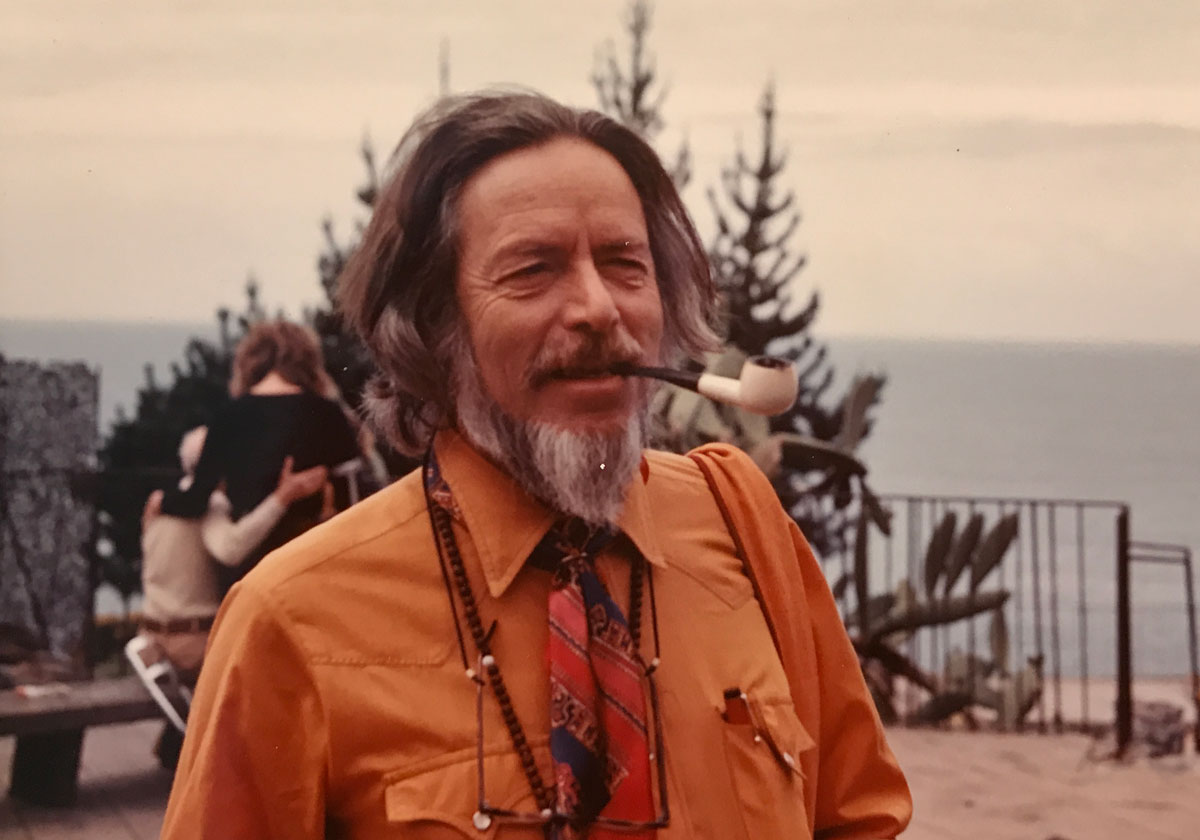
Drawing from the philosophies of the Eastern and Western world Watts brings us a uniquely balanced way of finding out who we really are.
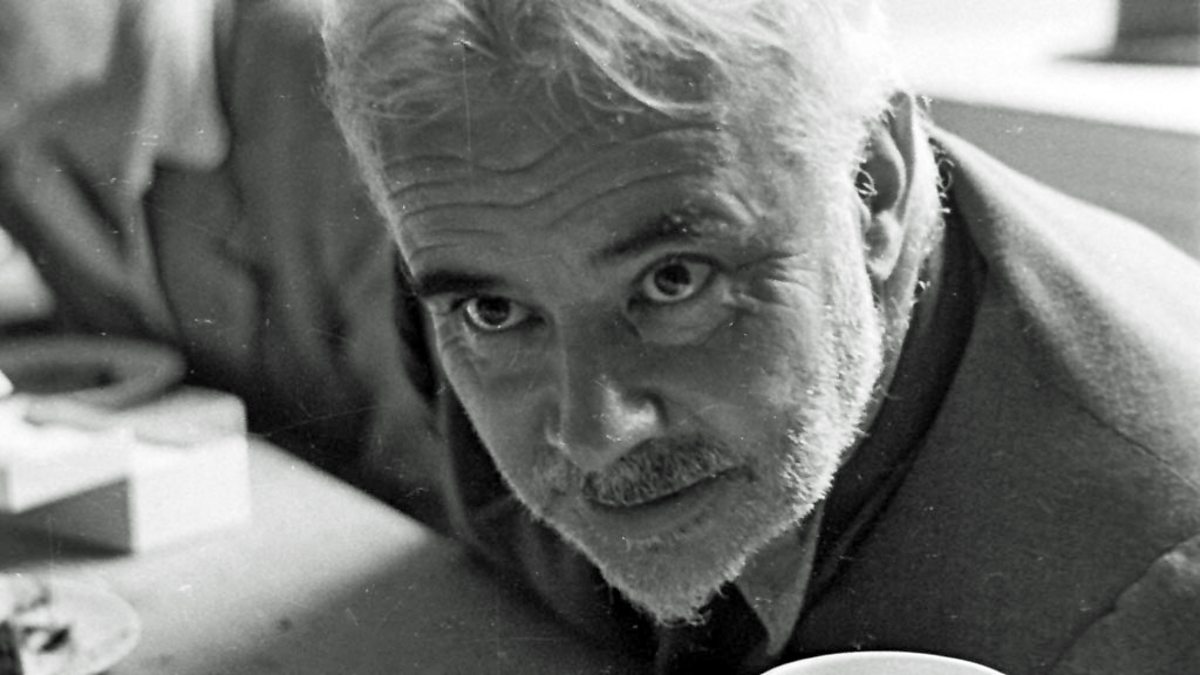
In discussing the need for religion, I use the words “origin and nature” deliberately, because the conjunction of these two words seems to me to mask a fallacy which it is important to bring to light. The fallacy is to assume that to lay bare the origins of a thing is tantamount to describing its present nature.
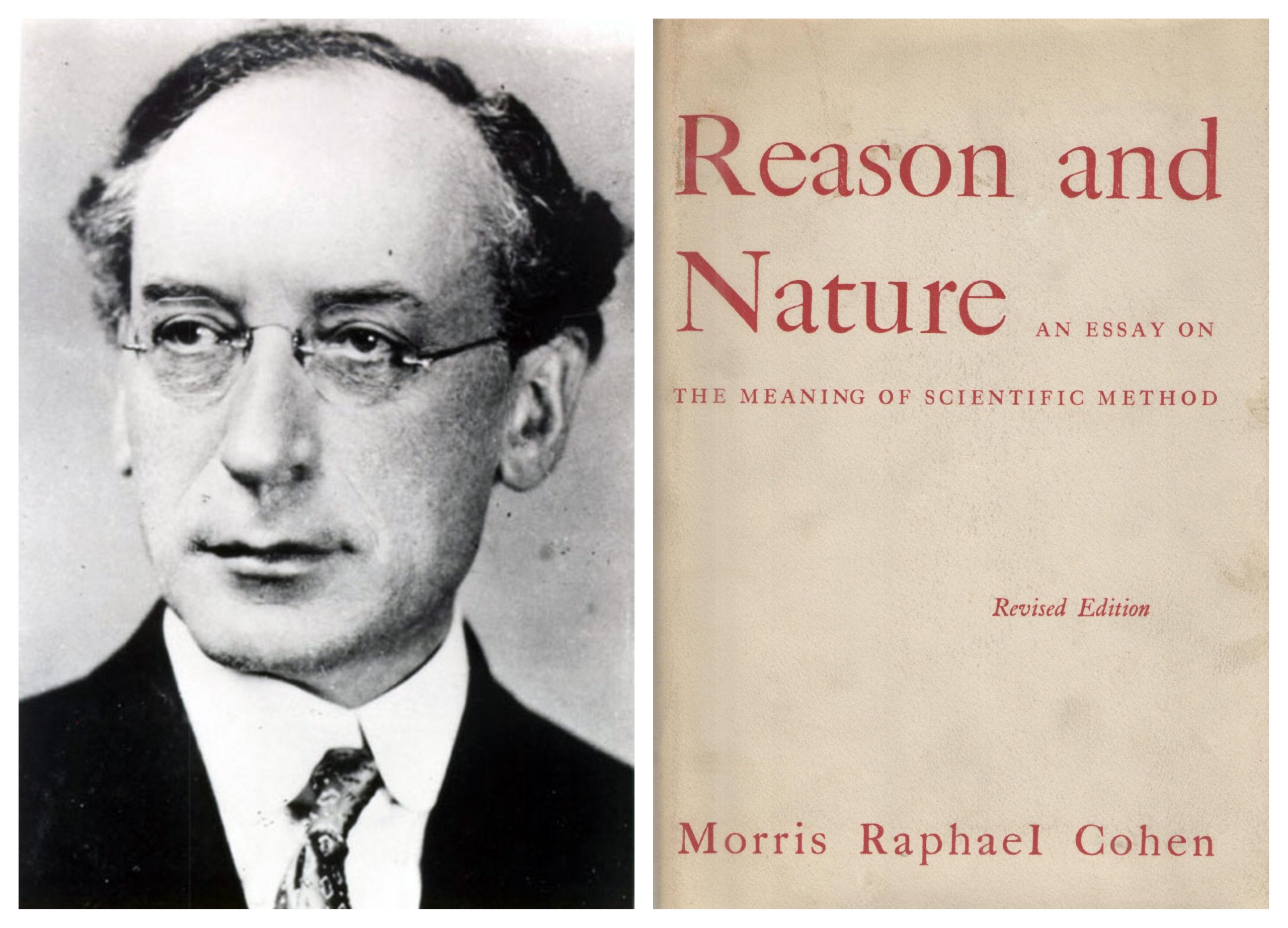
Can science be applied to the whole art of living? It is easy to see that the problems of law themselves involve assumptions as to the ultimate good of human life, and ancient Semitic jurists suggested that he who would deal with the law must meditate on life and death.
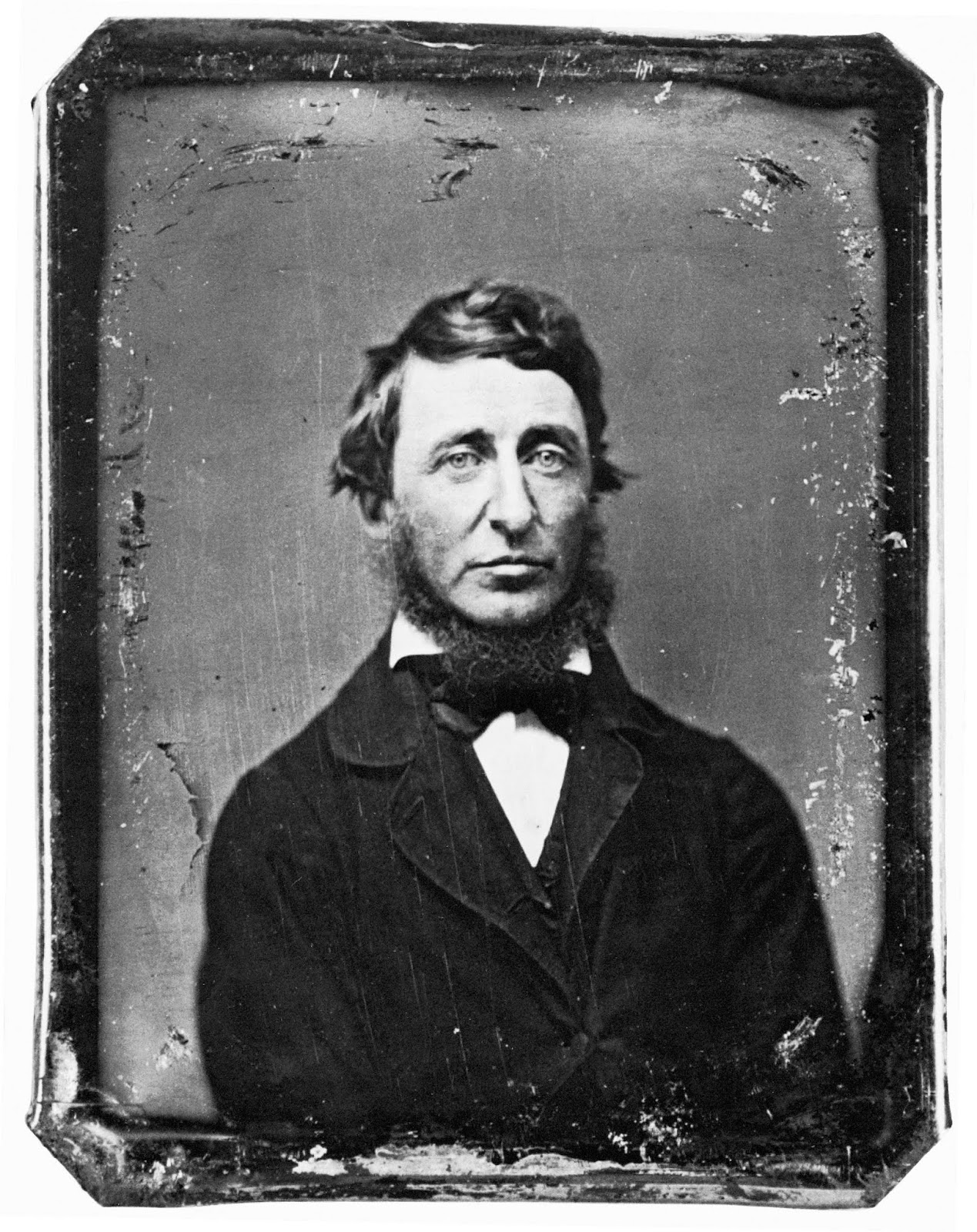
Thoreau argues that individuals should not permit governments to overrule or atrophy their consciences, and that they have a duty to avoid allowing such acquiescence to enable the government to make them the agents of injustice.

In the celebrated essay “A Free Man’s Worship,” Bertrand Russel maintains that a new and deeper faith can be constructed, not faith in a theological sense but faith in the power of reason; his faith in man’s capacity to create his own world through his own effort.

A community of men and women possessing vitality, courage, sensitiveness, and intelligence, in the highest degree that education can produce, would be very different from anything that has hitherto existed. Very few people would be unhappy.
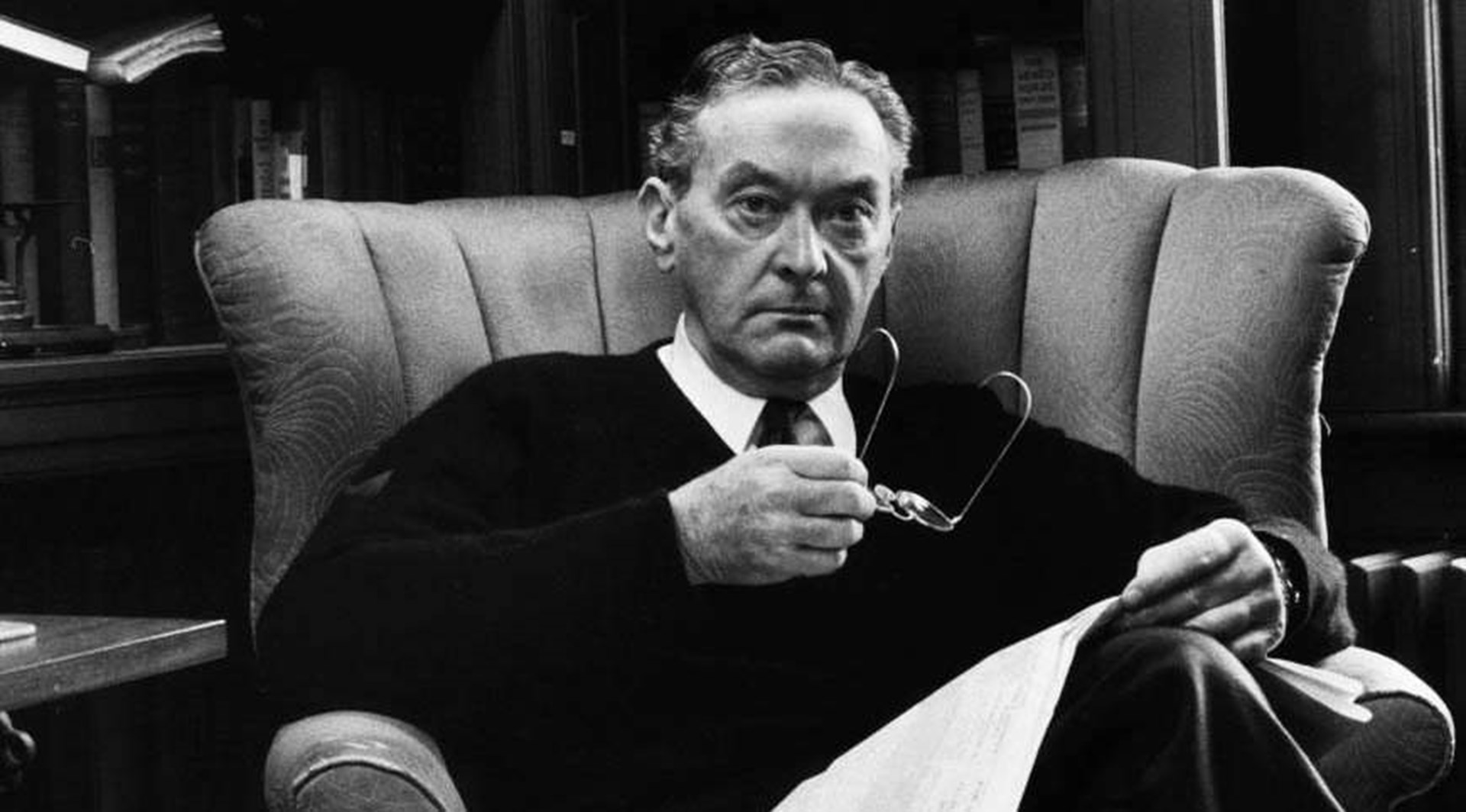
Whilst admitting that such as he could no longer feign belief in the Christian God, Walter Lippmann sought to provide a means to deal with the spiritual rawness left by such agnosticity without succumbing to nihilism or receding into reaction

I wish to propose for the reader’s favourable consideration a doctrine which may, I fear, appear wildly paradoxical and subversive.

Marx’s doctrine was bad enough, but the developments which it underwent under Lenin and Stalin made it much worse.
Mankind is in mortal peril, and fear now, as in the past, is inclining men to seek refuge in God. Throughout the West there is a very general revival of religion. Nazis and Communists dismissed Christianity and did things which we deplore. It is easy to conclude that the repudiation of Christianity by Hitler and the Soviet Government is at least in part the cause of our troubles…
The famed philosopher and social critic Slavoj Žižek describes political correctness as a tacit form of totalitarianism, an act of coercion built upon the premise that “I know better than you what you really want.”

Drawing from the philosophies of the Eastern and Western world Watts brings us a uniquely balanced way of finding out who we really are.
di Henri-Frédéric Amiel Le masse saranno sempre al di sotto della media. La maggiore età si abbasserà, la barriera del sesso cadrà, e la democrazia
Get the best articles once a week directly to your inbox!